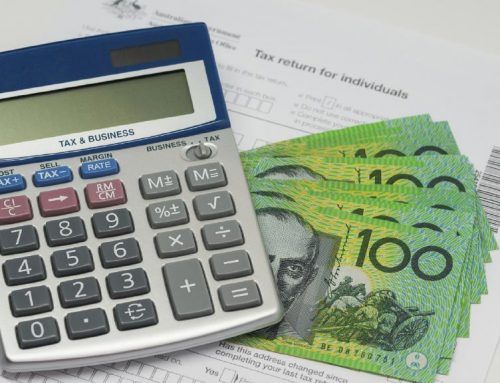65% of Aussies are worried they won’t have enough savings to fund their retirement, while almost nine out of 10 mortgage holders are pushing to clear their debt sooner, new studies have shown.
Mortgage Choice’s Diversified survey looked at Australians’ attitudes towards retirement and found that over half (54%) wouldn’t start seriously thinking about retirement until they were 50 or over.
This is leaving it way too late, says Mortgage Choice chief executive officer John Flavell.
“Many don’t realise that 50 is simply too old to start saving and planning for retirement. In reality, people should start their retirement planning much earlier in life,” he commented.
According to the Association of Superannuation Funds of Australia, the average couple will need to save around $640,000, while singles will need about $545,000 if they want to live out their retirement in comfort.
You can see why Flavell says it’s so important to start planning for retirement when it’s still a long way off.
“Furthermore, most people don’t realise that they may head into retirement with debt hanging over their heads, which can have a significant impact on their savings and cash flow,” he said.
“Over the coming years, statistics suggest that many Australians will reach retirement age and still have a mortgage. Soaring property prices combined with the fact that people are taking out home loans later in life, will ensure many still have debt in their twilight years.”
Comparison website finder.com.au recently carried out a survey which found that 89% of people with a mortgage have made efforts to pay it back earlier. For 60% of homeowners, this meant making extra repayments.
40% of borrowers pay weekly or monthly to top up their repayment amount, while 34% make use of a linked offset account to minimise the amount of interest they have to pay.
Women are slightly ahead when it comes to paying down their mortgage faster, with 90% achieving this compared to 88% of men. Only 9% of Gen X-ers have never tried to repay their debt sooner, compared to 18% of baby boomers (that’s a good stat to wave around next time you hear some snarky remark about poor money management in the younger generation).
Bessie Hassan, money expert at finder.com.au, reckons that borrowers just don’t want to carry around the burden of a mortgage for 30 years, so are making efforts to become debt-free sooner. She says it’s heartening that people have borrowed within their means and know how to get themselves ahead.
“Fast-tracking your mortgage repayments could save you thousands of dollars in interest over the life of a loan, and a good way to do this is to make more frequent periodic repayments,” she says.
“If you had a $367,600 mortgage (the average national loan size) at 4.73 per cent interest (the average standard variable rate) your monthly repayments would be $1,913.15 and total cost of the loan would be $688,732.79.
“However, if you switched to fortnightly repayments of $956.57, you would save $56,654.18 in interest and you’d reduce your loan term by four years and seven months, as you end up making one additional repayment each year.”
Making extra repayments can certainly have a huge impact on your overall interest payments, but as Bessie points out, you need to make it a regular habit rather than something you think about occasionally.
The survey also found that 5% of homeowners had negotiated a cheaper rate with their lender in order to cut their interest bill, while another 5% moved to a different lender to take advantage of a cheaper rate or better features.
Good work, guys! Repaying your mortgage sooner and thinking about retirement savings early on are two great ways to set yourself up for a better future financially.











